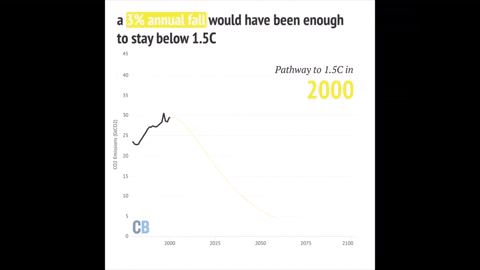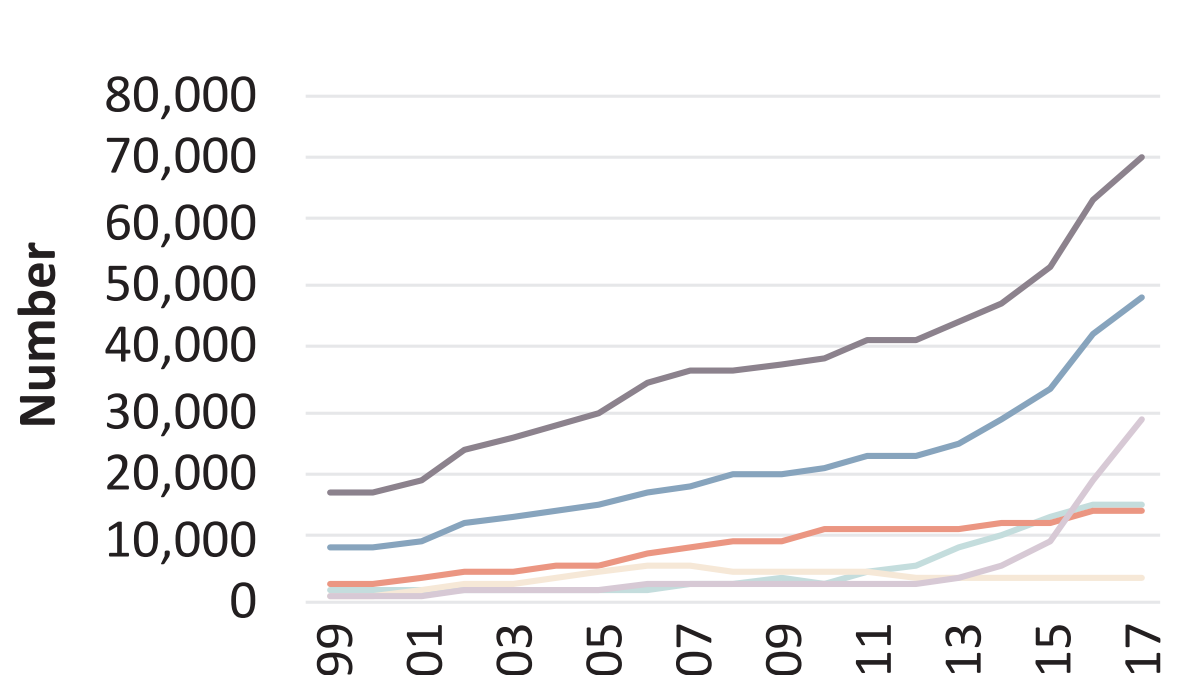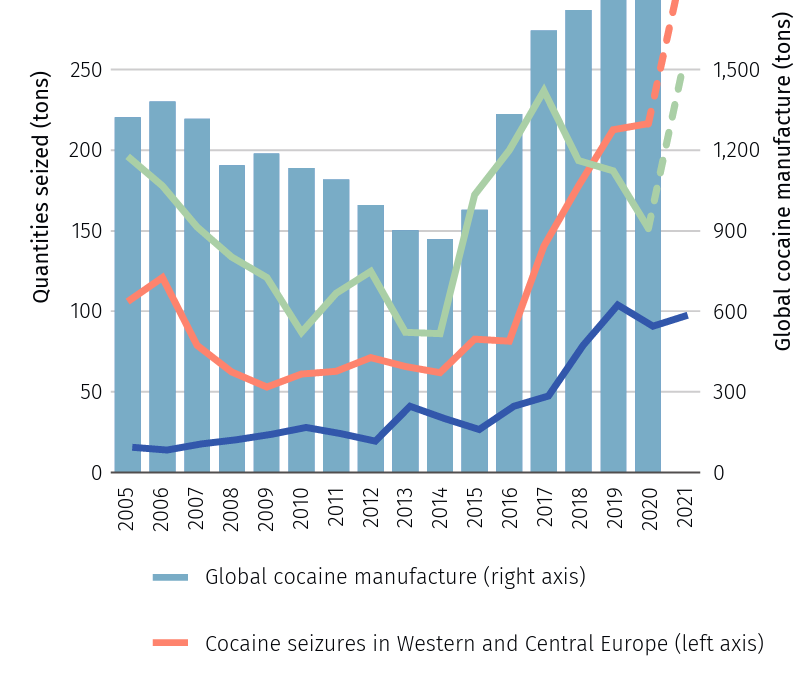Harassment of scientists is surging, and institutions aren’t sure how to help – “This is a very powerful adversarial force that is seeking to undermine science, and now it’s not only going after the science. It’s going after the scientists.”

By Bianca Nogrady
21 May 2024
(Nature) – As a vocal advocate of vaccinations for public health, Peter Hotez was no stranger to online harassment and threats. But then the abuse showed up on his doorstep.
It was a Sunday during a brutal Texas heatwave in June 2023 when a man turned up at Hotez’s home, filming himself as he shouted questions at the scientist, who is a paediatrician and virologist at Baylor College of Medicine in Houston, Texas.
Because of the long-running online and real-life abuse he has faced, Hotez now has the Texas Medical Center Police, Houston Police Department and Harris County Sheriff’s Office on speed dial, an agent tasked to him from the FBI and extra security whenever he speaks publicly.
“This is a very powerful adversarial force that is seeking to undermine science, and now it’s not only going after the science. It’s going after the scientists,” he says.
Hotez is an especially well-known scientist, but his experience is far from unique. Every day around the world, scientists are being abused and harassed online. They are being attacked on social media and by e-mail, telephone, letter and in person. And their reputations are being smeared with baseless accusations of misconduct. Sometimes, this escalates to real-world confrontations and attacks.
Such threats to scientists aren’t new; those researching climate change and gun control, for example, have endured abuse for decades. However, since the start of the COVID-19 pandemic, there has been an unprecedented escalation in the intensity and frequency of attacks, and the range of targets, say researchers. Anthony Fauci, the former director of the US National Institute of Allergy and Infectious Diseases and one of the most high-profile infectious-diseases specialists during the pandemic, was subject not just to online trolling, but to two credible attempts on his life that prompted the arrests of two people. Virologist Marc Van Ranst at the Catholic University of Leuven in Belgium and his family were moved to a safe house after a far-right soldier hunted them.

It’s not just scientists with a public profile in the crosshairs; those targeted include mathematical disease modellers, pharmacologists, physicists and fluid-dynamics researchers, who have never previously had any media attention.
“You don’t even necessarily have to be someone who’s active on social media,” says Sarah Sobieraj, a sociologist researching digital abuse and harassment at Tufts University in Medford, Massachusetts. “The visibility that brings attention to you could come from any number of sources that are not of your own doing.” Scientists have been attacked for private lectures and conference presentations that are shared online, studies published in journals, research work done for government agencies and even private Facebook posts shared publicly without their consent.
Researchers say that the surge in abuse is showing no signs of slowing down, even as the pandemic itself slips from the headlines. “All the data that we do have points to it increasing rather than decreasing; it’s certainly getting quite prolific,” says Lyndal Byford, director of news and partnerships at the Australian Science Media Centre in Adelaide. “I’m hearing a lot from universities and research organizations that they’re seeing it as an increasing problem.”
However, universities and research institutions are often slow to respond to this fast-moving threat, and the support they offer can frequently fall short, say many researchers who have experienced harassment. “Too often, we’re off on our own, not getting the backing of the institutions,” says Hotez.
This issue has led to a court case in New Zealand, in which microbiologist Siouxsie Wiles is suing her employer, the University of Auckland, over the way it has responded to the ongoing harassment she has experienced since early 2020, which included online attacks and people confronting her in public. Wiles’s lawsuit alleges that the university “failed in their duty to keep her safe in her employment”. (The university says that it took numerous steps to ensure Wiles’s safety.)
The lawsuit and other high-profile cases have prompted a broader discussion among researchers, universities and other organizations about how best to respond to this kind of harassment. There is a growing recognition that online abuse and other types of attack can cause serious harm to individual scholars and to universities and research institutions. If researchers can’t communicate openly without facing abuse, “then really one of our core missions is being quite substantially damaged”, says Emma Johnston, a marine ecologist and deputy vice-chancellor of research at the University of Sydney, Australia. [more]
Harassment of scientists is surging — institutions aren’t sure how to help


